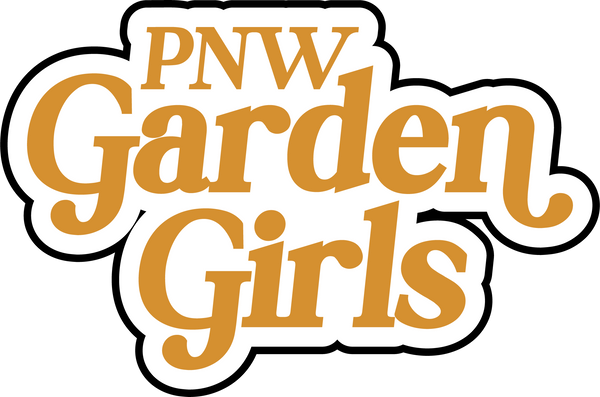Eggplant, Diamond
Eggplant, Diamond
Couldn't load pickup availability
The Diamond strain was originally brought to the US via the Seed Savers Exchange, back in 1993 from Ukraine. These beautiful fruits are slightly smaller and a more manageable size than the "standard" Black Beauty types (hybrids), however, they're better suited for our northern climate AND they even produce well in less than optimal conditions.
Thanks to climate change, we just never know what each summer's weather will bring so we love growing varieties that are up to the challenge. They're also unique in that they tend to produce a consistent early flush of fruits. So all you impatient gardeners out there, this beauty is for you!!!
These fairly short plants are super vigorous and stress tolerant. Fruits are set in clusters and although slightly smaller than the hybrids, Dark purple fruits with green tinted flesh are 9" long by 3" in diameter. Excellent texture and flavor, rarely bitter. Disease resistant.
Excellent for containers, especially with their ornamental appeal. One of our favorite color combos in the garden is purple and orange. Well, these are purple and our favorite cherry tomatoes are, you guessed it...orange, Sweet Orange Cherry II, to be exact. We absolutely consider their leaves just as ornamental as the fruits! There's a reason they're called diamond!!
Eggplants are part of the same plant family as tomatoes and peppers (Solanum aka Nightshades), so growing conditions will be the same: full sun, well-draining, fertile soil. Mulching around the plant retains soil moisture.
- Days to Maturity: 70
- Companion Plants: Basil, Borage, Marigolds, Peppers, Tomatoes, Zinnias
- Open-Pollinated (OP)
- Plant Spacing: 12 - 24"
Photo Credit: Adaptive Seeds
Growing Guide
Growing Guide
Whether you're a new or seasoned gardener, it can be good to educate yourself about your new plant.
We highly recommend (& use ourselves) the Almanac's Growing Guides.
Share




